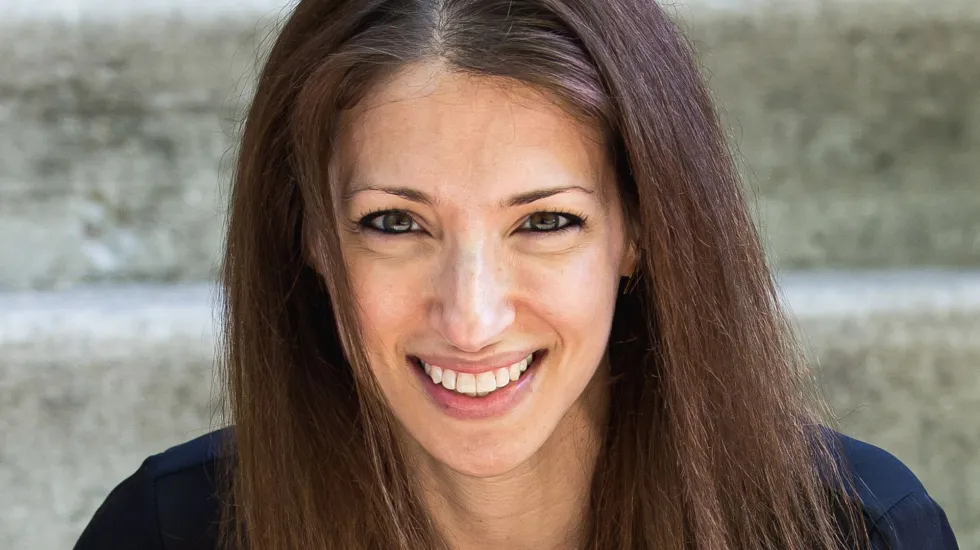
Mayor Lori Lightfoot’s choice to replace longtime Inspector General Joe Ferguson vowed Wednesday to confront the “debt of legitimacy” created by the corruption scandals swirling around two former Democratic kingpins: indicted Ald. Edward Burke (14th) and indicted former Il. House Speaker Michael Madigan.
On the day that former Zoning Committee chairman-turned-FBI mole Danny Solis (25th) pleaded not guilty to a bribery charge, newly appointed Inspector General Deborah Witzburg was asked to assess the damage done by the corruption scandals.
Testifying at her confirmation hearing before the City Council’s Committee on Ethics and Government Oversight, Witzburg said there are “two kinds of costs to corruption.” There are “dollar costs” where “bad decisions and decisions made for bad reasons” cost the city money that can’t be used for other things.
And there is what Witzburg called the “larger and darker specter.” That is, the more insidious “debt of legitimacy” caused by the never-ending cycle of public corruption.
“The city of Chicago operates at a legitimacy deficit with its residents. That, I think, is felt deeply by everyone who lives in and works for this city. That means that the city and its agencies and officials are not, sort of, entitled to the benefit of the doubt in the public view. People suffer from a sort of lack of confidence that the city of Chicago and its government are working in their best interests,” said Witzburg, 38.
“That’s not the sort of problem that forms overnight, and it won’t be solved overnight. But it is all of our responsibilities every day to sort of make down payments against that deficit of trust and legitimacy.”
Witzburg said she plans to do that by “bringing light into windowless rooms as they exist all over city government” and by using the experience she gained while serving under Ferguson as deputy IG for public safety.
“It seems an immovable fact that, for the foreseeable future, police reform and violence reduction will be at the top of the city’s priorities,” she said.
“I can put my background in criminal prosecution and police oversight to good use, the service of a whole of government approach to those mandates.”
Witzburg’s answers delighted committee members, who unanimously approved her appointment.
“The only question I had is why we didn’t do it sooner,” said Ald. Andre Vasquez (40th). “I congratulate the mayor for the appointment. Better late than never.”
Lightfoot clashed openly and repeatedly with Ferguson and, ultimately, forced him out. She then declared her desire to find a new inspector general who “understands the importance of staying in their lane.”
That raised questions about whether Lightfoot was willing to appoint Witzburg even though she was chosen by Ferguson and worked with him to produce reports highly critical of the Lightfoot administration and the Chicago Police Department.
Lightfoot’s decision to choose Witzburg showed she was primarily concerned with shoring up her progressive bonafides amid complaints that she has not been nearly as transparent as she had pledged to be, given her campaign promise to “bring in the light” in the wake of the Burke corruption scandal.







